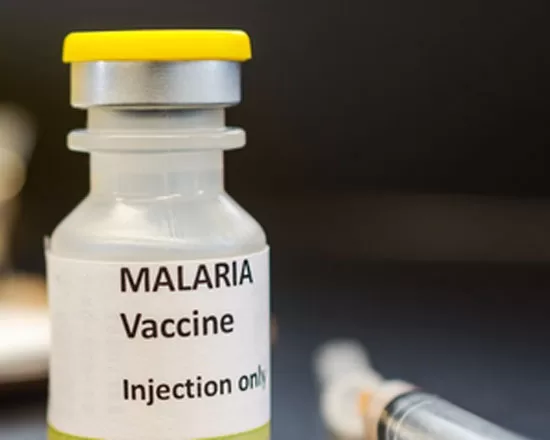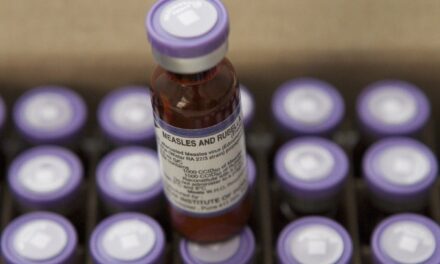In a major breakthrough in the fight against malaria, Nigeria has launched a new malaria vaccine aimed at protecting its most vulnerable population: children under the age of five. The vaccine, which will be provided free of cost, marks a significant step toward reducing malaria-related deaths in Africa’s most populous nation.
Nigerian Coordinating Minister of Health and Social Welfare, Ali Pate, announced on Thursday that 846,200 doses of the vaccine have already been procured, with the help of international partners including Gavi, the Vaccine Alliance, and the United Nations Children’s Fund (UNICEF). An additional 153,800 doses are expected by the end of the month, bringing the total to 1 million doses.
The newly introduced R21 vaccine, developed by scientists at Oxford University and manufactured by the Serum Institute of India and Novavax, is set to become a key component in Nigeria’s national immunisation program.
Pate highlighted that the first phase of the vaccine rollout will begin next month in Kebbi and Bayelsa, two states with some of the highest malaria prevalence rates in the country. Over 800,000 doses will be distributed during this phase, targeting children under one year of age as part of Nigeria’s routine immunisation schedule.
“The arrival of the malaria vaccine is a monumental step in our national efforts to reduce malaria morbidity and mortality,” Pate told reporters, reflecting on the significant impact this development could have on public health in the country.
Malaria has long been a deadly disease in Nigeria, which bears the highest burden of the illness globally. According to data from UNICEF, Nigeria accounts for 27% of the world’s malaria cases and 31% of global malaria deaths. In 2022 alone, nearly 200,000 people died from the disease in Nigeria, the majority of them children under five and pregnant women.
A 2021 survey found that 22% of children aged 6-59 months in Nigeria were infected with malaria. The introduction of the R21 vaccine offers hope in addressing these alarming statistics.
Nigeria’s vaccine rollout follows in the footsteps of Ghana and Kenya, which introduced the malaria vaccine last year. This new phase in Nigeria’s fight against malaria is expected to bolster the country’s efforts to curb the disease, especially in regions where malaria is endemic.
The vaccine is poised to save thousands of lives as part of the country’s broader strategy to reduce malaria morbidity and mortality, which continues to be a major public health challenge.












